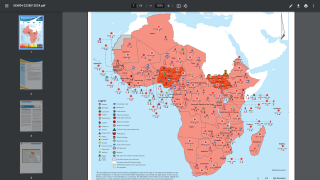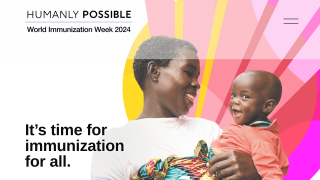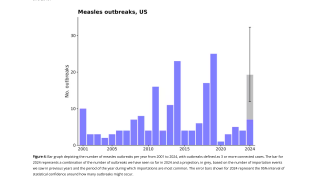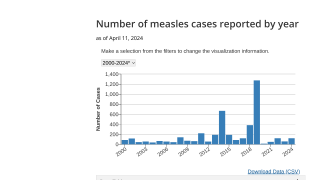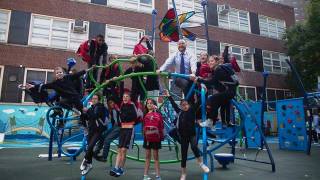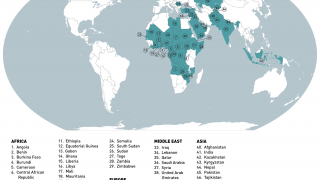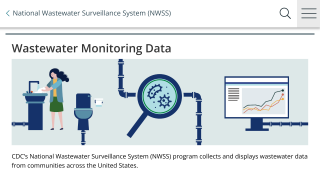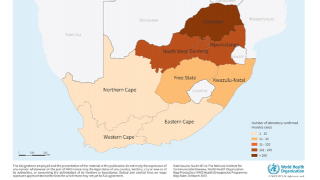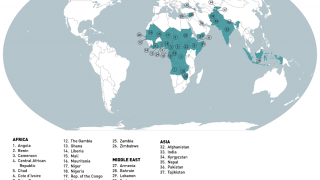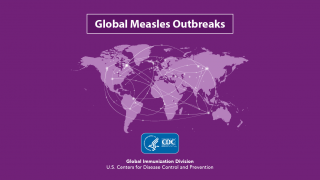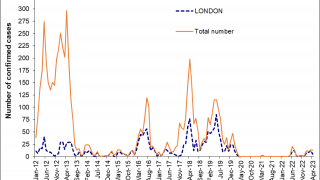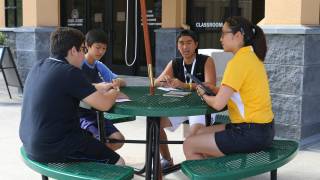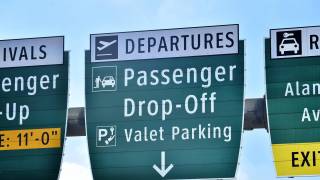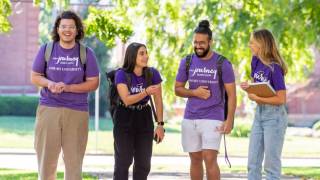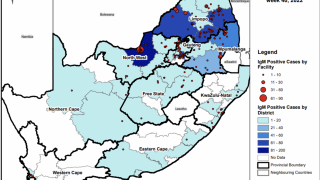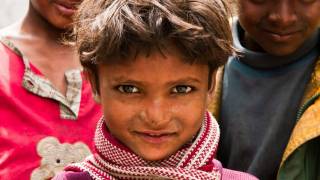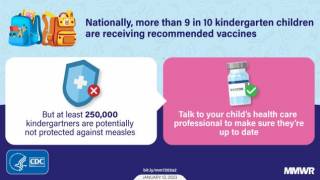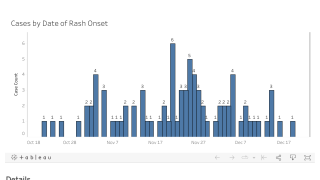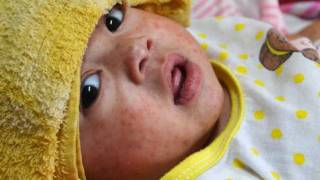Solomon Islands Are Protecting Children From Measles & Rubella
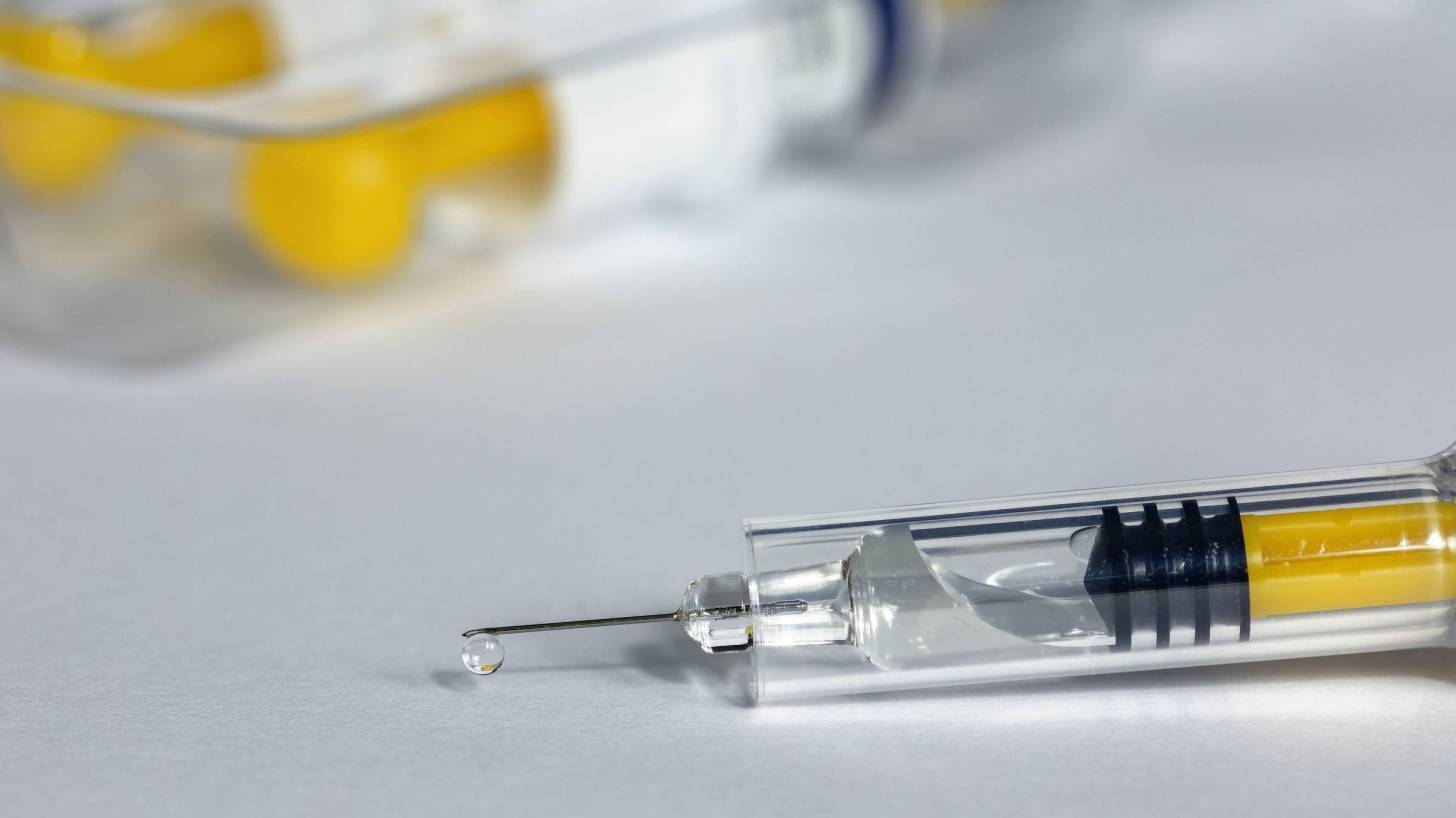
An intensive measles and rubella vaccination campaign has launched in the Solomon Islands with the aim of immunizing 90,000 children.
The Solomon Island Ministry of Health and Medical Services said in a World Health Organization (WHO) press release on October 14, 2019, that this “supplementation” vaccination campaign is being conducted to ensure every eligible child is fully protected against the potentially deadly disease.
The Hon. Dickson Mua, the Minister of Health, is ‘calling on all parents to bring their children to clinics and vaccination posts over the next 4 weeks.’
With many countries in the Western Pacific affected, there is a risk of an outbreak in the Solomon Islands, said Secretary for Health Mrs. Pauline McNeil, in a press release.
“We remember the measles outbreak in 2014, which took the lives of 9 Solomon Islanders and resulted in more than 4,600 cases throughout the country.”
The campaign is timely, given recent measles outbreaks around the Pacific region, including in New Zealand, Australia, and now Samoa.
The Solomon Islands have a population of about 600,000 and are located to the east of Papua New Guinea and northwest of Vanuatu, consisting of 6 major islands and over 900 smaller islands in Oceania.
Measles is a highly contagious viral disease that can cause blindness, encephalitis - an infection that causes brain swelling - severe diarrhea and dehydration, and severe respiratory infections such as pneumonia.
There is no treatment for measles, and the only way to prevent it is to vaccinate.
Measles is transmitted via droplets from the nose, mouth, or throat of infected persons. Initial symptoms, which usually appear 10–12 days after infection, include high fever, a runny nose, bloodshot eyes, and tiny white spots on the inside of the mouth. Several days later, a rash develops, starting on the face and upper neck and gradually spreading downwards.
The measles virus will infect anyone who is not protected. Nine out of 10 unvaccinated people exposed to measles gets sick. One person infected with measles can give it to 12 others - this is why outbreaks spread so quickly.
Rubella is also covered in the vaccine being distributed by the Ministry. Rubella is a leading cause of birth defects if contracted by mothers during the early stages of pregnancy.
An unvaccinated pregnant woman infected by rubella during her first trimester has up to a 90 percent chance of giving birth to a baby with birth defects, including heart disorders, blindness, deafness, or brain damage.
Mr. Tony Foulkes, Health Systems Coordinator from the WHO Solomon Islands Country Office, congratulated the Ministry on its commitment to improving the health of Solomon Islands children.
“The WHO congratulates the Ministry on this potentially life-saving campaign and we acknowledge the efforts of all those who worked hard in its preparation - development partners UNICEF and GAVI, but most especially, health workers and vaccination teams who are in the frontline in the fight against measles and rubella.”
For more information contact Tanya St George, Communications Officer, (677) 790 8477 or Dian Row, MHMS Solomon Islands, (677) 748 9241.
Prior to visiting the Solomon Islands, the US Centers for Disease Control and Prevention says to check this vaccines and medicines list and visit a healthcare provider at least 1 month before your trip to get vaccines or medicines you may need.
International Vaccine information published by Vax-Before-Travel
Our Trust Standards: Medical Advisory Committee


